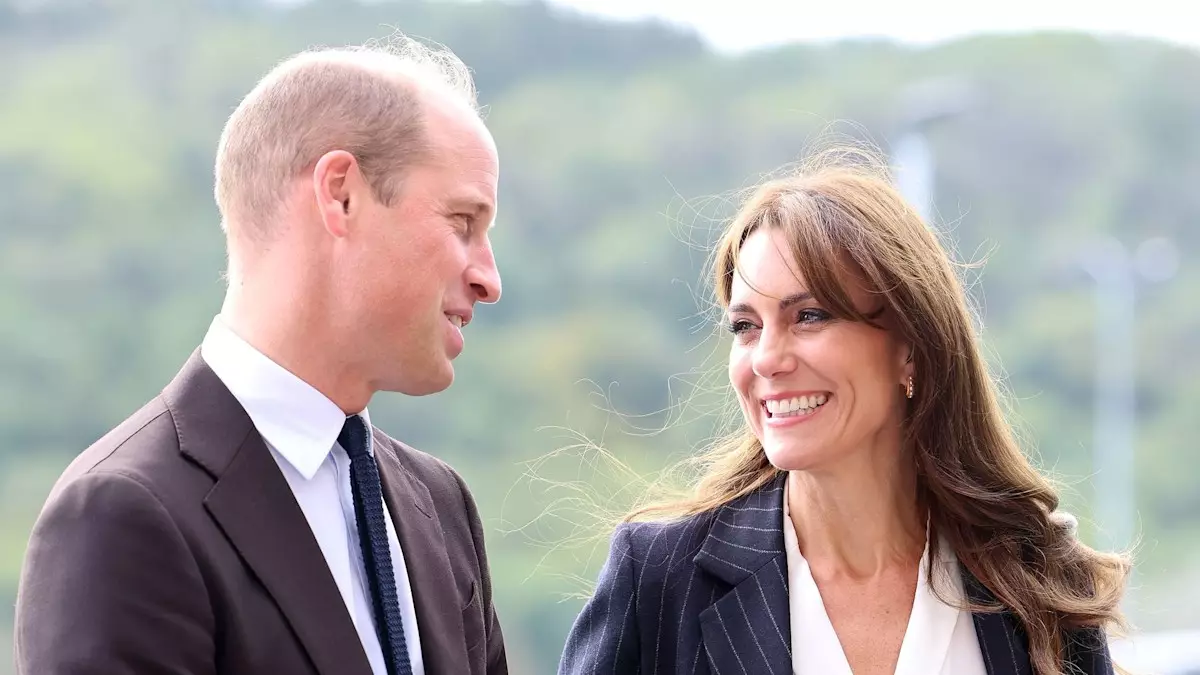As the Prince and Princess of Wales, Prince William and Kate have a strong connection to the country that has become increasingly important. In order to maximize their impact across Scotland, Northern Ireland, and particularly Wales, the royal couple is currently seeking an Assistant Private Secretary for Wales & UK. This individual must possess a crucial skill – the ability to speak conversational Welsh. While fluency in the language, both written and spoken, is desirable, a strong understanding of Welsh communities, affairs, government, and business is also required. The role will involve extensive travel, with William and Kate visiting towns and cities across the UK as well as overseas.
Recently, William and Kate appointed Sir Dave Lewis as the director of The Royal Foundation of the Prince and Princess of Wales. This foundation serves as the umbrella organization for all of their charitable projects. Sir Dave Lewis, who served as the Group CEO of Tesco for nearly seven years, earned the nickname “Drastic Dave” for his cost-cutting measures to revitalize the Tesco brand. The appointment of Sir Dave Lewis highlights the royal couple’s dedication to their charitable endeavors and their commitment to making a meaningful impact.
Upon being officially bestowed with the titles of Prince and Princess of Wales by King Charles, William and Kate made their first visit to Wales. During their engagements in Anglesey and Swansea, William expressed his interest in learning the Welsh language. In a conversation with Reverend Steven Bunting in Swansea, William mentioned that he had already picked up the word “paned,” which means a cup of tea in Welsh. Embracing the Welsh culture and language, William and Kate have demonstrated their commitment to engaging with Welsh communities and understanding the unique identity of Wales.
While William and Kate are dedicated to their roles as the Prince and Princess of Wales, William has decided not to pursue an investiture ceremony like the one held for his father, Prince Charles. Prince Charles was officially invested with the title of Prince of Wales by the Queen during an event at Caernarfon Castle in July 1969. William’s decision to forgo a grand investiture ceremony showcases his desire to honor past traditions while shaping his own unique path as the future King.
The ability to speak Welsh and engage with Welsh communities is a vital aspect of the roles of the Prince and Princess of Wales. By embracing the language and culture of Wales, William and Kate are demonstrating their commitment to understanding and connecting with the people they serve. As they continue their royal duties and charitable endeavors, their dedication to Wales and the UK remains unwavering.


Leave a Reply